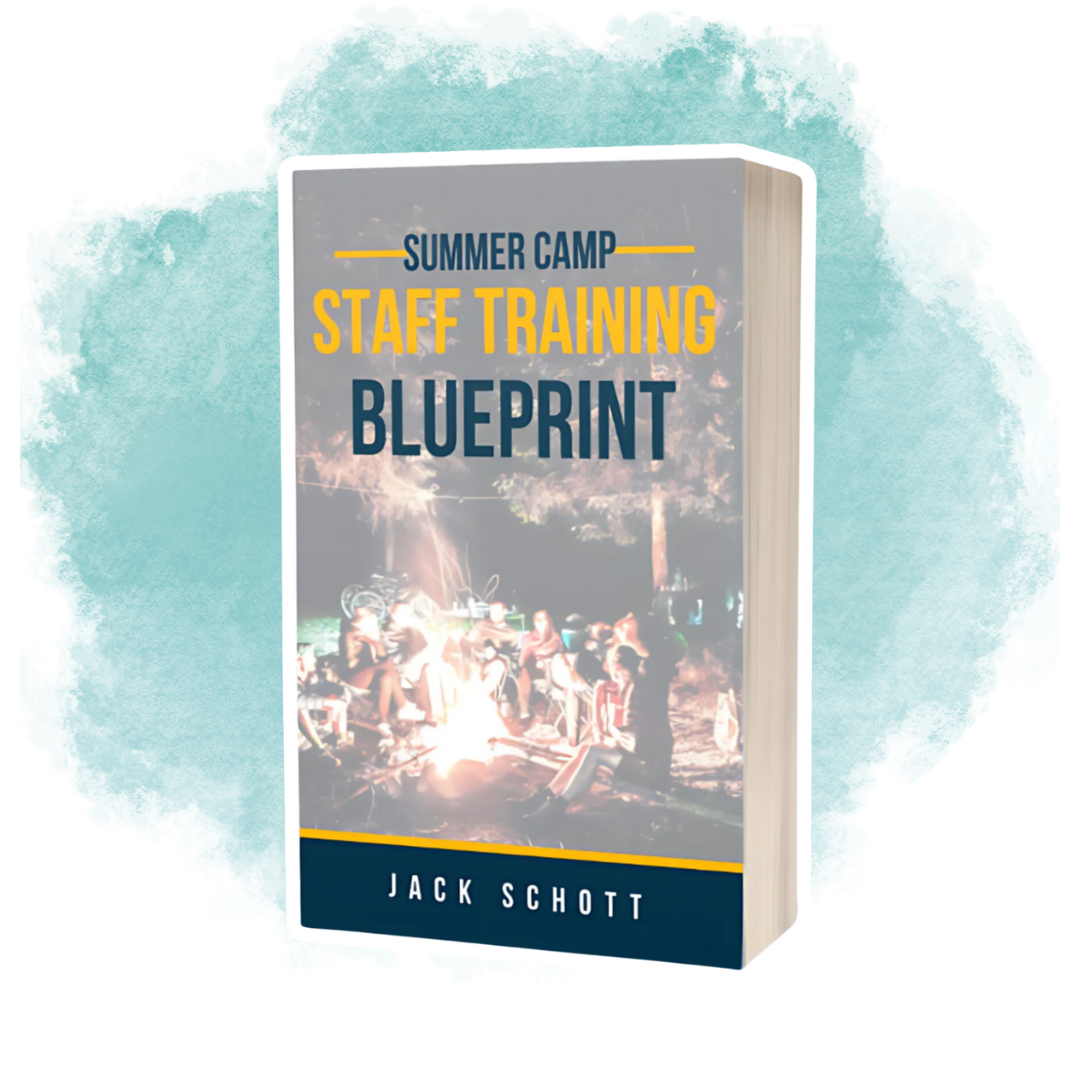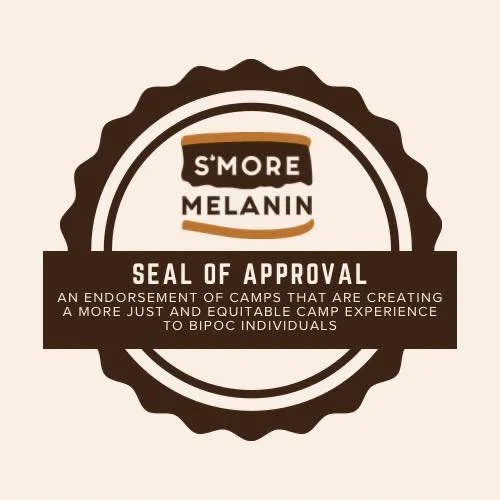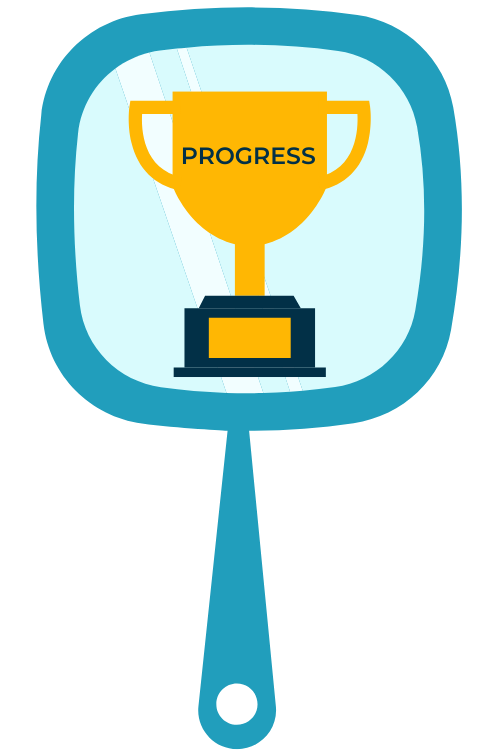Inclusion at Summer Camp: The Whats, The Whys, and Sweet Potato Pie
I’m a 28-year-old Black male who grew up going to camp and has made a career out of thinking, learning, and growing with other camp professionals. I lead Inclusion Specialist workshops for camp professionals with Jack Schott, and I've been thinking about these questions:
How do you know when your camp is diverse?
Who sets the bar and where has it been placed?
How do I know when I'm successful in maintaining or raising said bar?
We in the camp industry, like many others, speak highly on the values of increasing diversity or our inclusionary efforts within our respective organizations. However, I have yet to have someone show up at my door and give me a stamp of approval, a diversity ribbon or even a high five for being inclusive. I say yet because the good people over at S’more Melanin may just be cooking up a remedy with their Seal of Approval.
But when exactly do we get to breathe and smell the culture we’ve set out to create?
I have some incredible friends that would say never. That there is so much work to be done and we are never going to take our foot off their necks. I agree, I believe we should continuously strive to make our environments more inclusive to those whose voices may not have been considered when the initial foundation was being built. I also consider creating a diverse and inclusive culture as similar to working out. I don’t mind being consistent and pushing my limits, but at some point, I want to be able to admire myself and my progress in the mirror for a few minutes, ya nahm saying?
I want to first, if no one has already, give you full express permission to congratulate and reward yourself for all the work you have already put into creating a safe space within your area of influence for as many as possible thus far. Even if this article is the start of a new journey for you, look in the mirror and admire that progress. Next, I want to give a few examples of what success may look like when doing this type of work. These examples are unique to my experience but will relate to those with similar backgrounds to myself.
WHAT SUCCESS COULD LOOK LIKE
Success looks like the minority population of your camp being able to express themselves freely and openly in the dialect of their choosing. For me and my other Black friends, that looks like feeling safe enough to describe everything as a “jawn” (Go Birds!) or using the word “nigga” as a term of endearment in a public forum.
Success looks like individuals of differing backgrounds feeling inspired to share and debate differences of their culture without fear of backlash or later consequences. For me, this was discovering and debating the pros, cons, and other nuances of sweet potato pie vs green bean casserole. (...and now the title makes sense!)
Success looks like putting in work early, BEFORE hosting a diverse group, so your program is already as welcoming as you can make it before people arrive. My friend Sylvia van Meerten calls a lot of this work illuminating the hidden curriculum.* What she really means is figuring out how to make everyone aware of the unspoken rules of a space. This helps everyone feel more comfortable and to be real when you have to say some of the unspoken stuff out loud you see how messed up it is. Check out this video for a quick intro video.
There are so many other ways to describe success when thinking about diversity and inclusion that I couldn’t possibly go into them all. However, I will say that my lived experiences and the joy and safety I've been privileged enough to enjoy in a camp setting are a direct descendant of someone putting in the work to make their space welcoming and ready for me to exist holistically within it. Someone, much prior to any knowledge of my arrival took the time to learn and understand what it means to be inclusive to the many, just like myself, who didn’t have a seat at the table when the idea of a standard camp experience was being discussed. For that I and I'm sure so many others are eternally grateful.
DO THE WORK - INCLUSION SPECIALIST TRAINING
Okay, now that I’ve gotten all those thought nuggets out into the world it’s time to channel my inner Jack Schott with a little shameless plug. This March I, along with Jack, will be hosting an Inclusion Specialist Training to help teach individuals how to begin or continue setting up a safe and welcoming environment that encourages everyone to feel sound in their own skin. One of the cornerstones of what we will be talking about to find these successes is illuminating the hidden curriculum we talked about earlier, hearing real life stories of black folks working at camp, and developing real tools to help camp outsiders become camp insiders.
We will also be discussing ways to notice and embrace those successes so that they can be used to empower us to find more to continue that work. We will teach ourselves to be consistent but also to look in the mirror, so we have the drive necessary to keep us in the gym. If this is of interest to you or someone within your organization - you can find more information here. Sign up and make sure no one has any reason to say that “you wasn’t with us shooting in the gym.” Or don’t, no stress, I’ll love you either way (just maybe a little less😅)
*Note: Sylvia is credited for introducing and adapting the concept to exist in a summer camp space - not creating it. You can find more on the hidden curriculum and the super smart people that invented it here
About the author: Hi, I’m Nelson. I consider myself a thinker first, learner second, and teacher third. I don’t think that I am unique, nor do I believe this about others. However, I do believe this innate lack of root uniqueness is what allows us to connect so naturally through our unique experiences. I love asking questions that have no right answer and listening to those with opinions. My hobbies include online gaming, software engineering, and music production.

Ready to Elevate Your Summer Camp Staff Training?
Empower your camp staff with the tools they need for success.
Visit our dedicated training site for expert resources, training modules, and more.





